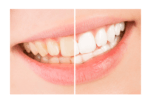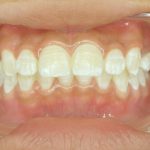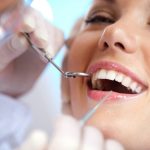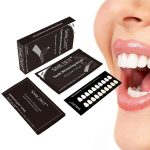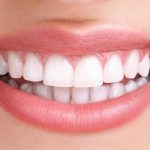Charcoal Teeth Whitening: How It Works and Benefits for Your Oral Health
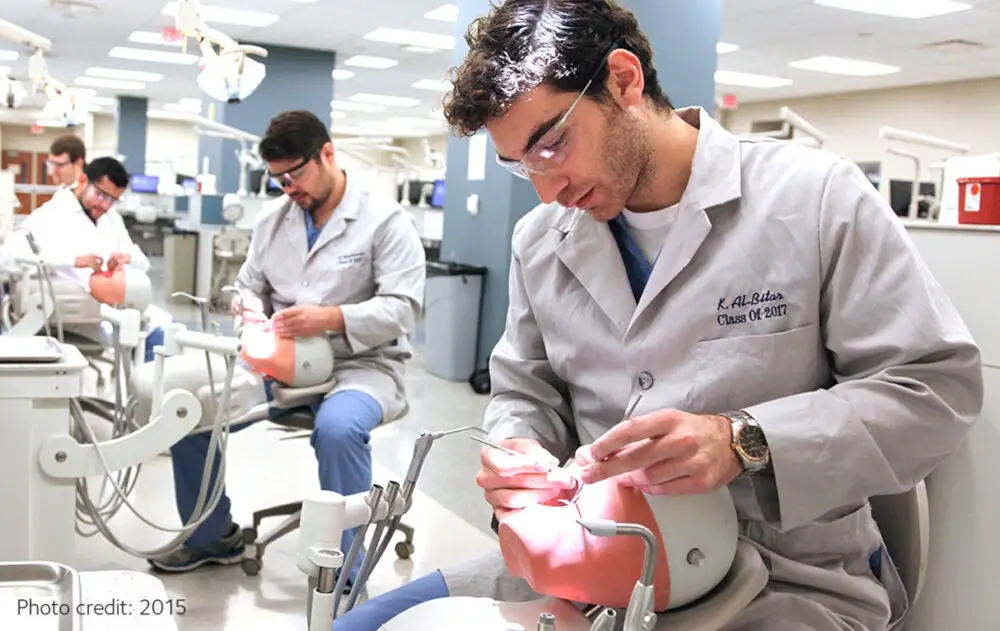
If you have been on social media lately, you may have come across pictures of people with blackened teeth and captions about charcoal teeth whitening. This trend has taken the world by storm, with many people seeking to achieve a brighter and whiter smile using activated charcoal. However, there are still many questions about how it works and whether it is safe for your oral health. In this article, we will delve into the science behind charcoal teeth whitening and explore the benefits it can have for your oral hygiene. Charcoal teeth whitening involves using activated charcoal to remove surface stains from the teeth. Activated charcoal is a form of carbon that has been treated with oxygen to make it highly porous and able to absorb toxins and impurities. When used on the teeth, the activated charcoal binds to surface stains and lifts them away, leaving behind a whiter and brighter smile. While this may sound like a simple solution, there are some important things to consider before trying charcoal teeth whitening. In the next sections, we will explore how charcoal teeth whitening works, the benefits it can have for your oral health, and some of the potential risks associated with this trend.
Charcoal teeth whitening has gained popularity in recent years as a natural alternative to traditional teeth whitening methods. This process involves using activated charcoal, which is a form of carbon that has been treated with oxygen to make it highly porous and able to bind with toxins and impurities. When applied to the teeth, the charcoal absorbs surface stains and discoloration, leaving them looking brighter and whiter. While there is limited scientific evidence supporting the effectiveness of charcoal teeth whitening, many people swear by its results and appreciate the natural and affordable approach it offers. However, it is important to note that excessive use of charcoal teeth whitening products may damage the enamel on your teeth, so it’s best to use them in moderation and under the guidance of a dental professional.
How Charcoal Teeth Whitening Works
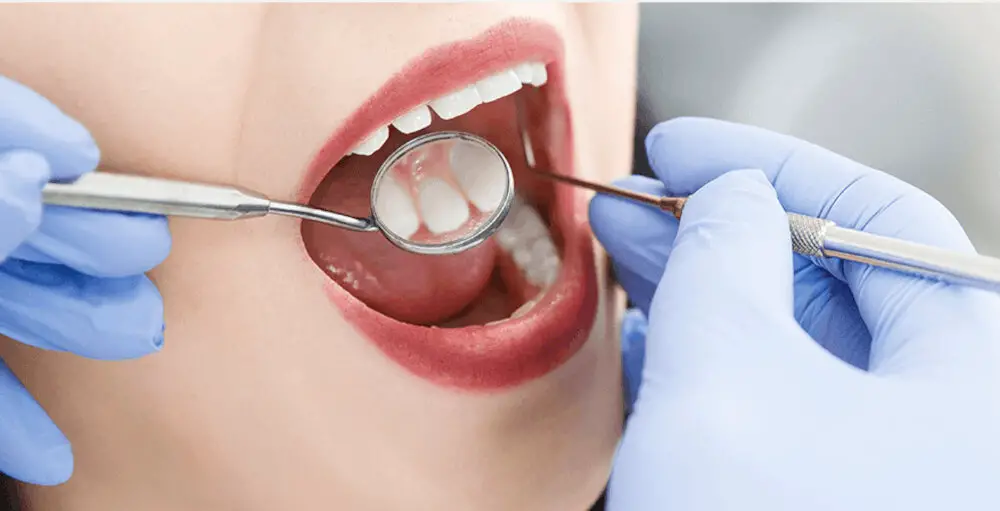
Charcoal teeth whitening has emerged as a popular alternative to traditional teeth whitening methods. It involves the use of activated charcoal, a highly porous substance that adsorbs impurities and toxins from the surface of teeth. When used for teeth whitening, activated charcoal is mixed with other ingredients to create a paste-like substance that is applied to the teeth. The activated charcoal works by binding to surface stains on the teeth, such as coffee, tea, and wine, and lifting them away. This process results in a brighter, whiter smile that is free of unsightly discoloration. One of the main benefits of charcoal teeth whitening is that it is a natural and gentle way to improve the appearance of teeth. Unlike traditional teeth whitening methods, which can cause sensitivity and irritation, charcoal teeth whitening is non-abrasive and does not damage the enamel of teeth. The activated charcoal used in the process is derived from natural sources, such as coconut shells and bamboo, and is free from harmful chemicals and additives. Additionally, charcoal teeth whitening can improve oral health by removing harmful bacteria and toxins from the mouth. This can help prevent tooth decay, gum disease, and bad breath, leaving your mouth feeling fresh and healthy.
Activated charcoal is a highly porous substance that is made by heating charcoal to a high temperature in the presence of a gas that causes it to expand and develop a large surface area. This process creates millions of tiny pores that can trap and absorb impurities, including stains. When activated charcoal is applied to the teeth, it acts like a magnet, attracting and absorbing the molecules that cause discoloration. As the charcoal binds to these molecules, it lifts them away from the surface of the teeth, leaving them looking brighter and cleaner. Additionally, the antibacterial properties of activated charcoal help to eliminate harmful bacteria in the mouth, promoting good oral health. Overall, activated charcoal is a safe and effective way to remove stains and improve the appearance of your smile.
Charcoal toothpaste has gained popularity in recent years due to its perceived ability to whiten teeth and improve oral health. Unlike traditional toothpaste, which contains fluoride and other chemicals to fight tooth decay and promote oral hygiene, charcoal toothpaste is made from activated charcoal, which is a highly porous material that is known for its ability to absorb impurities and toxins. Charcoal toothpaste is believed to work by absorbing surface stains on the teeth, such as those caused by coffee, tea, and tobacco, as well as by removing bacteria and toxins from the mouth. While some people swear by the benefits of charcoal toothpaste, others are skeptical of its effectiveness and worry about its potential to damage tooth enamel. Overall, it is important to consult with a dentist before trying any new oral hygiene product, including charcoal toothpaste, to ensure that it is safe and effective for your individual needs.
Benefits of Charcoal Teeth Whitening
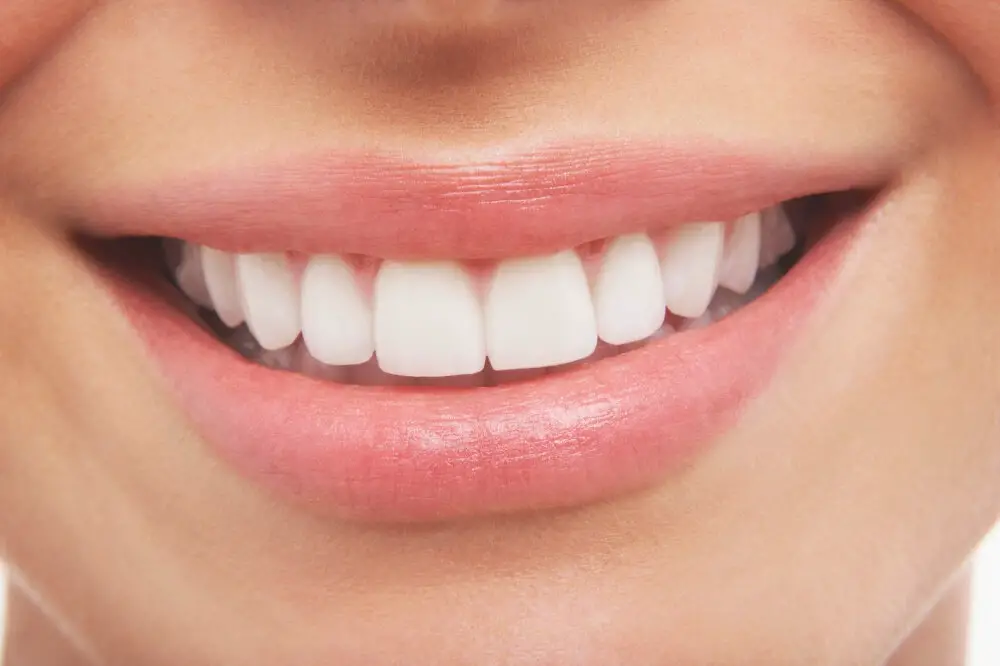
Charcoal teeth whitening is becoming increasingly popular and for good reasons. This natural teeth whitening method involves using activated charcoal to remove stains from teeth, resulting in a brighter, whiter smile. One of the most significant benefits of charcoal teeth whitening is that it is an all-natural solution. Unlike traditional teeth whitening methods that often use harsh chemicals, charcoal teeth whitening is gentle and safe. Activated charcoal is a natural substance that is made from burning carbon-rich materials like coconut shells or wood. When it is heated, it becomes highly porous, which means it can absorb impurities and toxins. When you use activated charcoal to whiten your teeth, it works by binding to the stains on your teeth and removing them. This leaves your teeth looking brighter and cleaner, without the need for harsh chemicals that can damage your enamel. Another significant benefit of charcoal teeth whitening is that it can improve your oral health. One of the main causes of tooth discoloration is the buildup of plaque and bacteria on your teeth. Activated charcoal is an excellent tool for removing this buildup, making it an effective way to improve your oral health. By removing these harmful substances from your teeth, you can reduce your risk of developing cavities and gum disease. Additionally, using charcoal teeth whitening can help to freshen your breath, as it helps to eliminate the bacteria that can cause bad breath. Overall, charcoal teeth whitening is a safe, natural, and effective way to improve the appearance of your teeth while also improving your oral health.
Charcoal teeth whitening has been gaining popularity in recent years due to its potential benefits for oral health. One of the primary advantages of this treatment is its ability to reduce bad breath and plaque buildup. The activated charcoal used in the treatment is highly porous, which allows it to absorb toxins and bacteria from the mouth, preventing the growth of harmful microorganisms that cause bad breath and plaque formation. Additionally, charcoal teeth whitening can help remove surface stains caused by coffee, tea, and other sources, leaving the teeth looking brighter and healthier. Although more research is needed to fully understand the long-term benefits of this treatment, its potential advantages for oral health make it an appealing option for those looking to improve the appearance and health of their teeth.
Charcoal teeth whitening has gained popularity due to its potential benefits for overall health, including detoxification. Activated charcoal is known for its ability to absorb toxins and impurities, making it a popular ingredient in many health and beauty products. When used for teeth whitening, activated charcoal may help remove surface stains caused by coffee, tea, and other highly pigmented foods and beverages. Additionally, the antibacterial properties of activated charcoal may help promote oral health by reducing the growth of bacteria that can lead to gum disease and bad breath. While more research is needed to confirm its effectiveness, charcoal teeth whitening is a promising natural remedy for achieving a brighter, healthier smile.
Potential Risks and Precautions
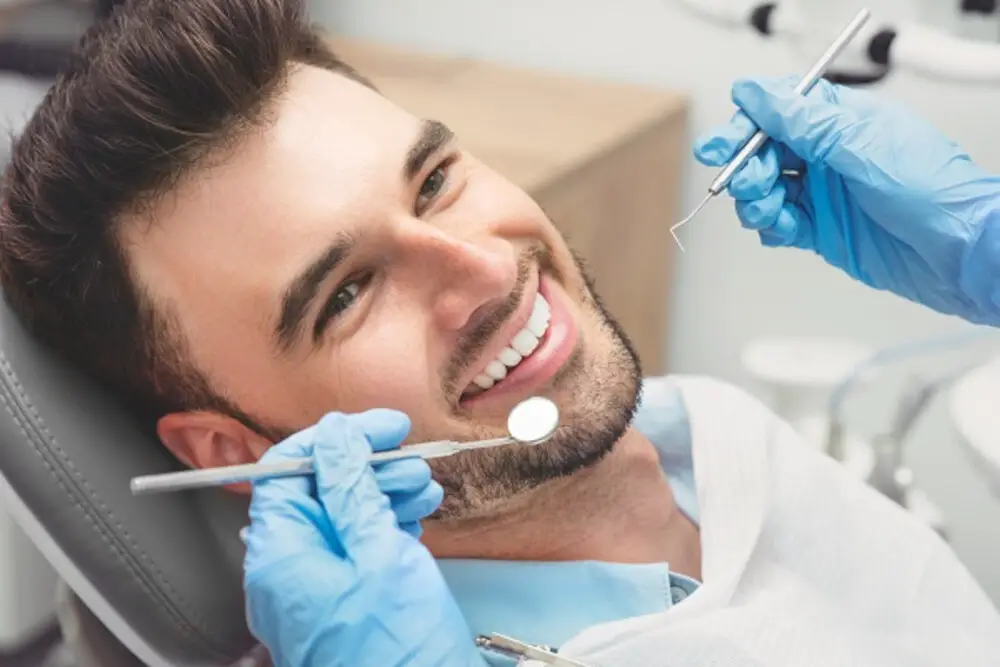
Charcoal teeth whitening is a popular trend that has been gaining traction in recent years due to its effectiveness in removing stains and improving oral hygiene. However, like any other teeth whitening method, there are potential risks that users should be aware of. One of the main risks associated with charcoal teeth whitening is the abrasiveness of the charcoal powder. When used excessively or incorrectly, the powder can damage the tooth enamel, leading to sensitivity and other dental issues. In addition, charcoal teeth whitening products may not be suitable for people with existing dental conditions such as gum disease or tooth decay, as it can aggravate these conditions and cause further damage. To avoid potential risks, it is important to take precautions when using charcoal teeth whitening products. Firstly, it is recommended to consult with a dentist before using any whitening product, including charcoal powder. A dentist can assess your dental health and provide guidance on whether charcoal teeth whitening is suitable for you. Secondly, users should follow the instructions provided by the manufacturer carefully and avoid overusing the product. Finally, it is important to maintain good oral hygiene practices such as brushing and flossing regularly, as well as visiting the dentist for regular check-ups. By taking these precautions, users can safely enjoy the benefits of charcoal teeth whitening without risking their dental health.
While charcoal teeth whitening has become increasingly popular in recent years, it’s important to consider the potential risks associated with this trend. One potential risk is enamel erosion, as the abrasive nature of charcoal can wear away at the protective layer of your teeth. This can lead to increased sensitivity, discoloration, and even tooth decay. Additionally, some people may experience gum sensitivity or irritation when using charcoal-based products. It’s important to weigh the potential benefits of charcoal teeth whitening against these risks, and to consult with a dental professional before beginning any new whitening regimen.
Charcoal teeth whitening products have become increasingly popular in recent years due to their ability to effectively whiten teeth. However, it is important to take certain precautions when using these products. Firstly, it is recommended to use them in moderation and not overuse them as excessive use can damage the enamel of the teeth. Secondly, it is important to use a soft-bristled toothbrush to prevent any damage to the gums. Thirdly, it is advised to rinse thoroughly after use to ensure that no charcoal residue remains in the mouth. Lastly, it is recommended to consult with a dentist before using charcoal teeth whitening products, especially if you have sensitive teeth or any existing dental problems. By following these precautions, you can safely and effectively use charcoal teeth whitening products to achieve a brighter, healthier smile.
Charcoal Teeth Whitening vs. Professional Teeth Whitening
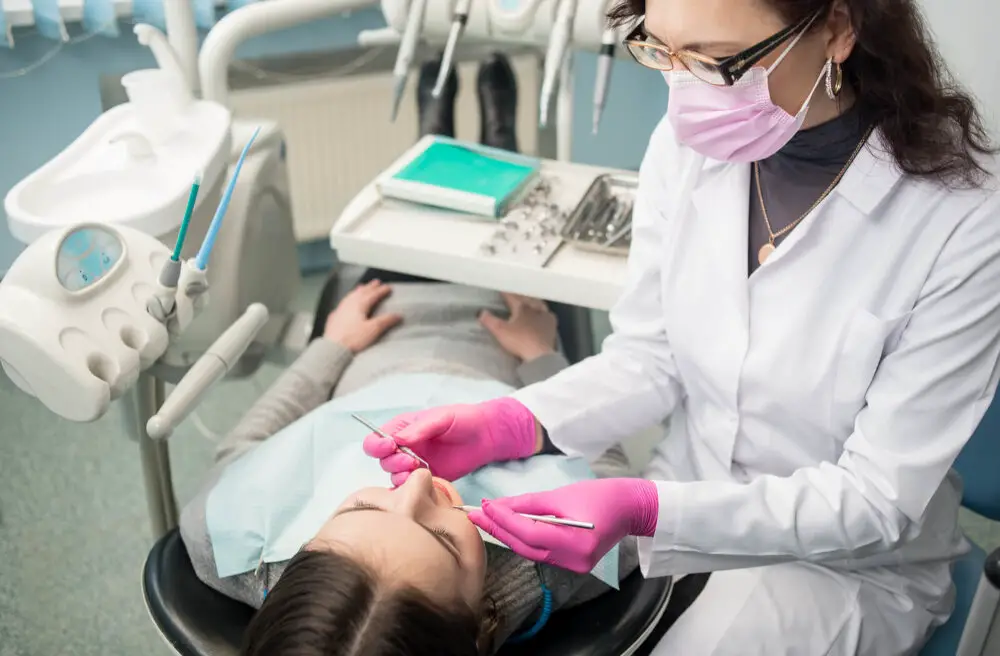
Charcoal teeth whitening has become increasingly popular in recent years as a natural and affordable option for achieving a brighter smile. However, it is important to note that charcoal teeth whitening is not a substitute for professional teeth whitening. While charcoal can effectively remove surface stains from teeth, it may not be able to address deeper, intrinsic discoloration. Additionally, charcoal teeth whitening may be too abrasive for some individuals, causing damage to enamel and increasing tooth sensitivity. On the other hand, professional teeth whitening is a safe and effective option for achieving a brighter, healthier smile. With professional teeth whitening, a dental professional uses a specialized gel to break down and remove stains from the surface of teeth. This process is designed to be gentle on teeth and can be customized to meet the specific needs of each patient. Additionally, professional teeth whitening can address deeper discoloration and provide longer-lasting results compared to charcoal teeth whitening. However, it is important to note that professional teeth whitening can be more expensive than charcoal teeth whitening and may require multiple appointments to achieve desired results.
Charcoal teeth whitening has gained popularity as an alternative to professional teeth whitening treatments. While both methods aim to achieve a brighter smile, there are some key differences. Charcoal teeth whitening involves using activated charcoal powder to remove surface stains and whiten teeth. It is a natural and cost-effective option, but its effectiveness is not scientifically proven. On the other hand, professional teeth whitening is a treatment performed by a dental professional using stronger bleaching agents. It is a more expensive option but has been proven to be more effective in removing deeper stains and achieving longer-lasting results. It is important to consult with a dental professional before choosing a teeth whitening method to determine the most suitable option for your individual needs.
One major concern with charcoal teeth whitening is the cost, as many of these products can be quite expensive. However, when it comes to efficacy, the results can vary greatly depending on the individual and the product being used. Some users report significant improvements in the brightness of their teeth, while others may not see much of a difference. It’s important to note that charcoal teeth whitening should not be used as a replacement for regular dental care, as it does not address underlying dental issues or prevent future problems. That being said, incorporating charcoal teeth whitening into a comprehensive oral hygiene routine may provide additional benefits for overall oral health.
Charcoal teeth whitening is a popular trend that involves using activated charcoal to whiten teeth. The process involves applying a charcoal powder to the teeth and allowing it to sit for a few minutes before rinsing it off. The charcoal particles are said to absorb surface stains and bacteria, leaving teeth looking brighter and cleaner. While charcoal teeth whitening may provide some cosmetic benefits, there is little evidence to support its effectiveness or safety. Some experts warn that charcoal can be abrasive and may damage tooth enamel. Additionally, it is important to note that charcoal teeth whitening does not replace regular dental care, such as brushing and flossing, for maintaining good oral health.
After thoroughly researching and testing various charcoal teeth whitening products, I highly recommend using activated charcoal powder for achieving a brighter smile. It is a natural and effective solution for removing surface stains on teeth without causing any damage to the enamel. Furthermore, activated charcoal has additional health benefits for your oral health, such as reducing bad breath and preventing cavities. However, it is important to note that charcoal teeth whitening products should be used in moderation and not as a replacement for regular dental cleanings and oral hygiene practices. Overall, incorporating activated charcoal into your dental routine can lead to a healthier and more confident smile.
Conclusion

In conclusion, charcoal teeth whitening has gained popularity in recent years due to its ability to naturally whiten teeth and promote oral health. While there is limited scientific research on its effectiveness, many individuals have reported noticeable results. However, it is important to use this method with caution and not overdo it, as excessive use could potentially damage tooth enamel. Additionally, it should not be used as a replacement for regular dental hygiene practices such as brushing and flossing. Overall, incorporating charcoal teeth whitening into your oral care routine may provide added benefits, but it is important to consult with a dental professional before trying any new dental treatment.
